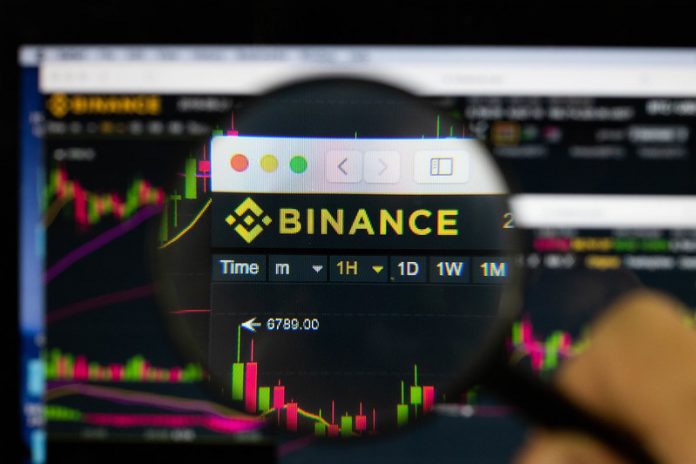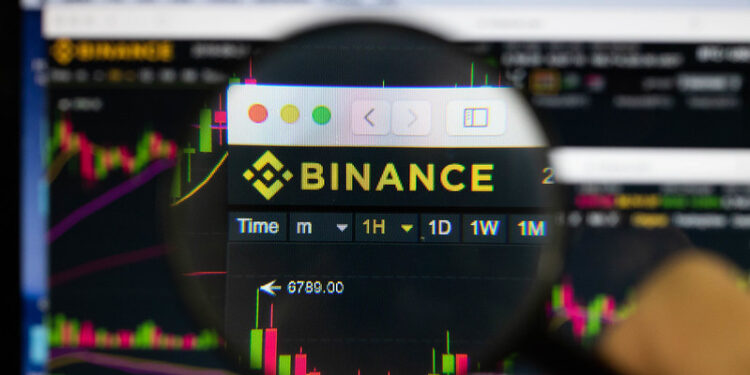
The US Securities and Exchange Commission (SEC) is scrutinizing Binance due to its ICO listing in 2017.
The investigation comes amid a separate report from Reuters claiming that Binance facilitated $2.35 billion in illicit funds between 2017 and 2020.
According to reports, US authorities are taking a close look at Binance for its initial coin offering (ICO) in 2017, increasing pressure on the exchange, which is currently facing accusations of having made billions of illegal funds possible in recent years.
The largest crypto exchange in the world by trading volume is facing an investigation by the US Securities and Exchange Commission (SEC), as the exchange may have failed to register its token as a security with the agency. The agency is investigating whether there is a possible violation of U.S. securities law.
Bloomberg first reported about this on Monday, citing people close to the matter, who are anonymous by name, as the investigations are confidential.
According to reports, the SEc is also investigating market-making companies associated with Binance CEO Changpeng Zhao (CZ), whose ownership interests in market makers are Binance.US have aroused the interest of the US authorities.
“We have been working very diligently to educate and assist law enforcement and regulatory agencies in the U.S. and internationally,” a Binance spokesperson told Blockworks, without commenting directly on the investigation. “We will continue to meet all the requirements of the supervisory authorities.”
Public ICOs have been a popular crowdfunding method in recent years to raise funds for crypto projects. However, due to legal uncertainty, these have slowly lost popularity.
Five years ago, Binance raised $15 million in 16 days, where the company sold BNB as ERC-20 tokens for $ 0.15 each. According to Messari’s data, the price of BNB is around $ 283, which is a decrease of 19,86% since the beginning of the year.
Bloomberg’s reporting comes amid a separate report from Reuters claiming that Binance processed $2.35 billion worth of illegal transactions between 2017 and 2020, allegedly stemming from hacks, fraud and the illegal sale of drugs.
Reuters relies on two industry experts in the report as well as a 2020 report from Chainalysis.
It is the latest in a series of accusations against the exchange, which has come under pressure over the past year for its alleged failure by regulators to properly register its business in jurisdictions such as the UK, Italy and Singapore.
Image source: Pixabay









